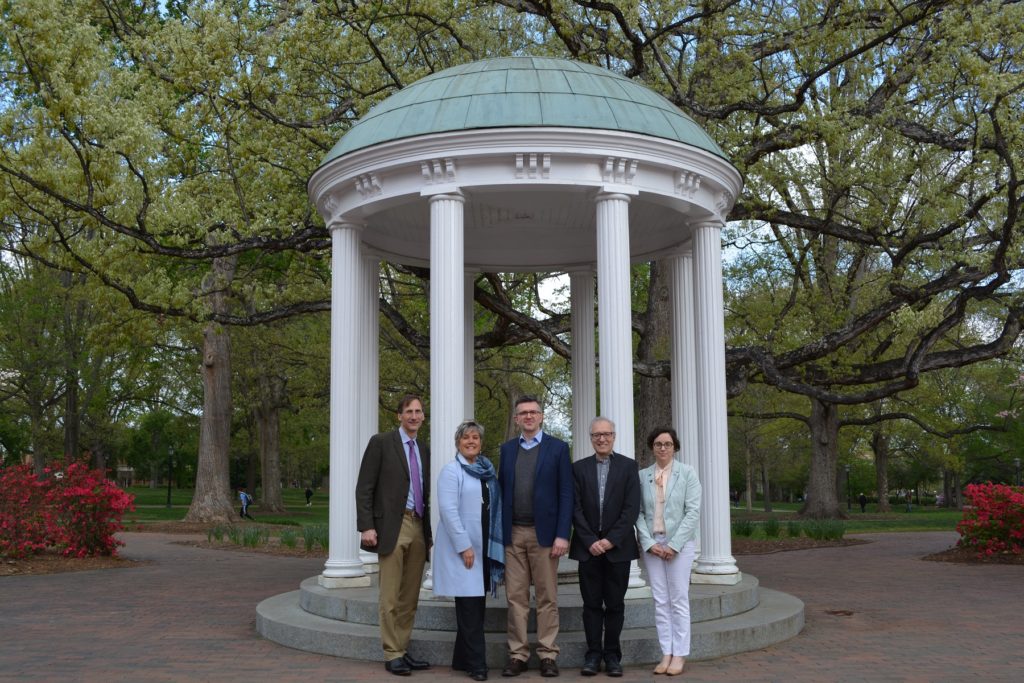
A trip that Keri Majikes took in the summer of 2010 to the West Bank sparked her interest in exploring the role of water in the Israeli-Palestinian conflict.
“In my opinion, the [two sides] cannot solve the conflict without having an equitable solution for water,” said Majikes, a 2012 peace, war and defense graduate from Apex.
In her senior honors thesis, Majikes discovered that water has not led to violent conflict. However, she asserts that water is an aggravating factor of the political conflict between the Israelis and the Palestinians, and the conflict also aggravates the scarcity of water in the region. She said the international community can help alleviate these tensions by clearly defining water rights. And addressing water allocations might pave the way for negotiations on other issues.
The main source of water for Israel, Palestine, Jordan, Lebanon and Syria lies in the Jordan River Basin and its aquifer network. At the present time, Israel controls much of the water resources for both Israel and Palestine, and there’s simply not enough naturally occurring water to satisfy the water needs of the region, she said.
Israel has made great strides in desalination and wastewater recycling, she added. But Palestinians take issue with Israeli desalinization attempts because Israel has not recognized any Palestinian ownership rights to aquifer resources, use of the water would make Palestinians reliant on Israeli generosity with no guarantee of continued water shipment, and desalination of water is extremely expensive.
“Israel is responsible for approximately 90 percent of total water consumption (between Israel and Palestine), although Israelis account for only 63 percent of the population. This means that the average Israeli receives approximately five times more water than the average Palestinian,” Majikes wrote. “Currently, political control over water lies almost solely with the Israeli authorities.”
Majikes said that Friends of the Middle East (a joint venture meant to encourage cooperative efforts) suggests that power over water should be achieved through the creation of a Bilateral Water Commission and a Water Mediation Board, where both parties would have equal standing and the ability to participate in making policy.
In the Oslo Accords, Israel recognized Palestinian water rights. That was supposed to be defined in the final status negotiations, but it did not happen, Majikes said.
“Water rights must be defined via international law,” she said. “There have been quite a few pieces of legislation saying there is some sort of right to water, however there’s not a specific definition of what that is, other than it should be ‘reasonable’ and ‘equitable.’”
Majikes quotes former Israeli prime minister Yitzhak Rabin as saying, “If we solve every other problem in the Middle East but do not satisfactorily resolve the water problem, our region will explode.”
Majikes presented her findings at the annual symposium at UNC sponsored by the Office for Undergraduate Research. Her adviser was Sarah Shields, Bowman and Gordon Gray professor of history.




